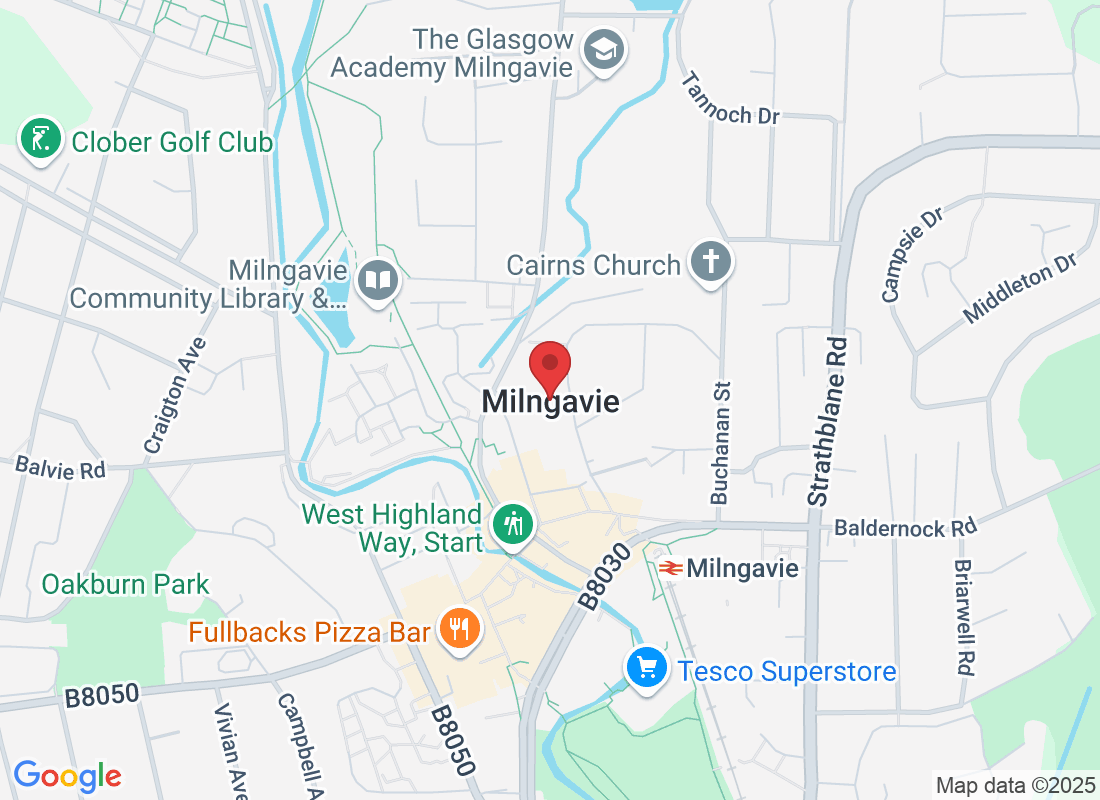
Is It Aphasia, Dysarthria, or Apraxia? Understanding Adult Speech Problems
Has your speech changed after a stroke, brain injury, or neurological condition?
Do you find it hard to talk, find the right words, or say things clearly?
You may have heard words like aphasia, dysarthria, or apraxia.
But what do they really mean?
In this blog, we’ll explain these speech problems in simple terms — and show how speech therapy can help you feel more in control.
What Is Aphasia?
Aphasia affects your language.
It makes it hard to:
Find the right words
Understand what people are saying
Read or write
You may know exactly what you want to say — but the words just won’t come out.
You might mix up words, repeat yourself, or say one word when you mean another.
Aphasia often happens after a stroke or brain injury.
It’s not about intelligence. Your brain still works — but the language part is struggling.
What Is Dysarthria?
Dysarthria is a muscle problem.
The muscles used for talking — like the tongue, lips, and voice box — become weak or hard to control.
You might:
Sound slurred or mumbly
Speak very quietly or too fast
Have a flat or monotone voice
Find it tiring to talk
People may say, “I can’t understand you,” even though your thoughts are clear.
Dysarthria can happen with Parkinson’s, MS, MND, stroke, or brain injuries.
What Is Apraxia of Speech?
Apraxia affects your brain’s planning for speech.
Your muscles work fine — but your brain struggles to send the right signals to move them in the right order.
You may:
Get “stuck” trying to say a word
Say the sounds in the wrong order
Find some words easier than others
Speak slowly or with pauses between sounds
It can be very frustrating — especially when you know the word but just can’t get it out.
Can I Have More Than One?
Yes — and many people do.
For example, after a stroke, someone might have both aphasia and apraxia, or aphasia and dysarthria.
A specialist speech therapist will help work out what’s going on and create a therapy plan just for you.
How Can Speech Therapy Help?
No matter which condition you have, therapy can help you communicate better.
A speech therapist will:
Understand your exact speech problem
Help you speak more clearly
Show you strategies and tools to make talking easier
Support your family to understand and help
Work on real-life goals (like making a phone call, ordering in a café, chatting with grandchildren)
Every person is different — and therapy is always tailored to your needs.
Is It Too Late to Start Therapy?
No.
It’s never too late to work on your speech.
Even years after a stroke or injury, your brain can still learn new ways to speak and communicate.
Support Is Closer Than You Think
If you live in Glasgow or nearby, and you're struggling with speech after a stroke or neurological condition — you're not alone.
👉 Book your consultation today – and take the first step toward clearer, more confident speech.



